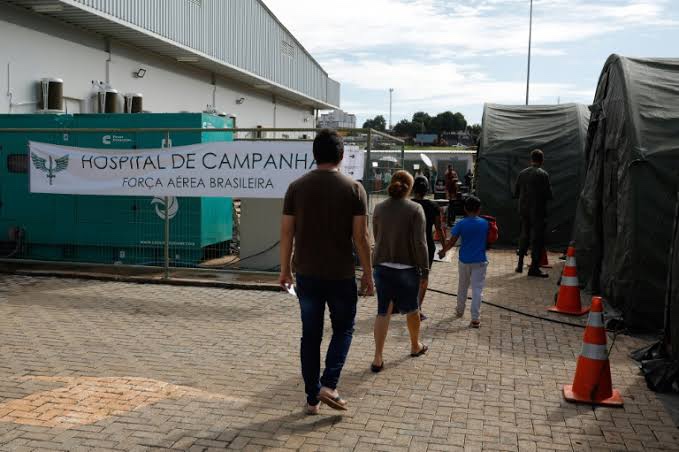Brazil implements dengue vaccination campaign amid outbreak

Brazil has initiated a robust immunization effort against dengue fever, marking a historic milestone as the first country worldwide to roll out the vaccine through its public health system amidst a significant surge in cases.
Health authorities have documented over 395,000 probable cases of the mosquito-borne illness within the initial five weeks of the year, representing a fourfold increase compared to the corresponding period last year.
The current outbreak has resulted in a sobering toll, with at least 53 fatalities attributed to dengue, while officials continue to investigate an additional 281 deaths potentially linked to the disease. Against the backdrop of Brazil’s renowned carnival festivities, which raise concerns of heightened transmission rates, Health Minister Nisia Trindade, representing President Luiz Inacio Lula da Silva’s administration, officially launched the vaccination campaign in the nation’s capital, Brasilia.
Minister Trindade emphasized the enduring significance of addressing dengue, stressing, “Even without the current epidemic, we would have initiated this vaccination campaign, given dengue’s persistent threat to public health.” The vaccine, named Qdenga, is manufactured by the Japanese pharmaceutical company Takeda. However, due to supply constraints, Brazil will initially prioritize administering the vaccine to children aged 10 to 11.
Authorities aim to vaccinate approximately 3.2 million individuals, out of Brazil’s population of 203 million, by year-end. Additionally, the government is exploring options to domestically produce the vaccine. Dengue, capable of causing severe hemorrhagic fever, infects an estimated 100 million to 400 million individuals annually, although the majority of cases exhibit mild or asymptomatic symptoms, according to the World Health Organization.
To preemptively contain the spread of dengue ahead of the carnival season, Sao Paulo and Rio de Janeiro, Brazil’s most populous cities, have implemented emergency measures. These efforts are crucial as carnival draws millions of tourists from across the globe, heightening the risk of widespread transmission.












